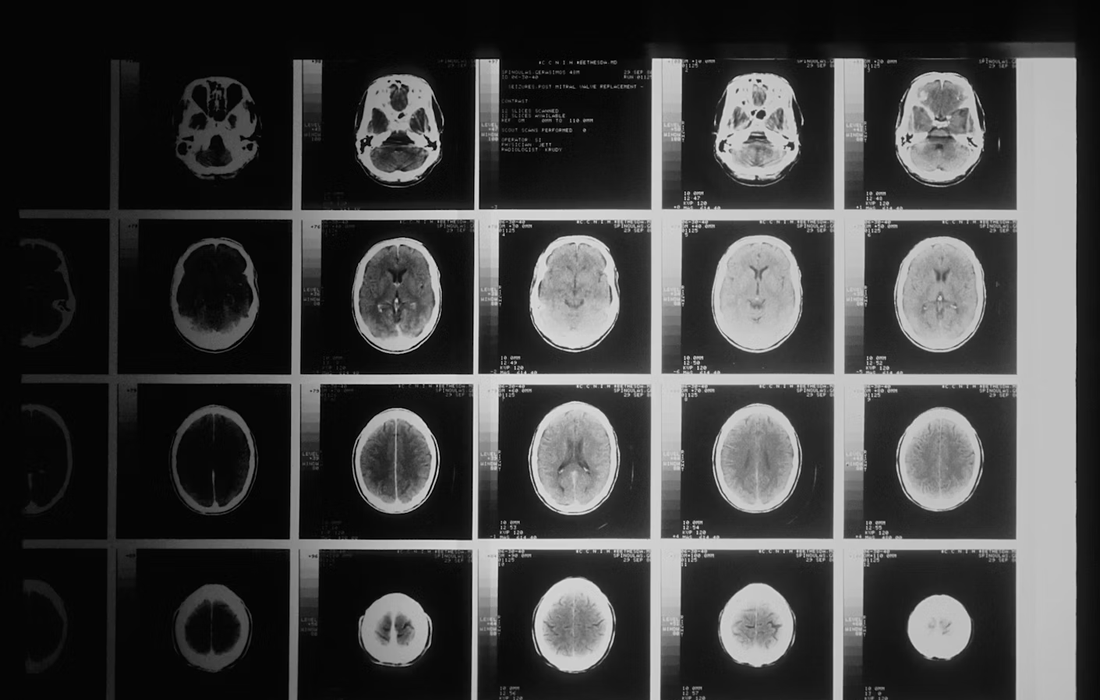Regenerative Medicine News and General Information
Researchers Use AI to Predict Recovery After Serious Brain Injury
Two graduate students from Western University have developed a ground-breaking method for predicting which intensive care unit (ICU) patients will survive a severe brain injury.
Matthew Kolisnyk and Karnig Kazazian combined functional magnetic resonance imaging (fMRI) with state-of-the art machine learning techniques to tackle one of the most complex issues in critical care.
The team measured brain activity in 25 patients at one of London’s two ICUs in the first few days after a serious brain injury and tested whether it could predict who would survive and who would not.
“We previously found that information about the potential for recovery in these patients was captured in the way different brain regions communicate with each other,” said Norton. “Intact communication between brain regions is an important factor for regaining consciousness.”
The breakthrough occurred when the team realized they could combine this imaging technique with an application of AI known as machine learning. They found they could predict patients who would recover with an accuracy of 80 per cent, which is higher than the current standard of care.
“Modern artificial intelligence has shown incredible predictive capabilities. Combining this with our existing imaging techniques was enough to better predict who will recover from their injuries,” said Kolisnyk.
While encouraging, the researchers say the prediction was not perfect and needs further research and testing.
Sources:
Matthew Kolisnyk, Karnig Kazazian, Karina Rego, Sergio L. Novi, Conor J. Wild, Teneille E. Gofton, Derek B. Debicki, Adrian M. Owen, Loretta Norton. Predicting neurologic recovery after severe acute brain injury using resting-state networks. Journal of Neurology, 2023; DOI: 10.1007/s00415-023-11941-6
University of Western Ontario. (2023, September 13). Researchers use AI to predict recovery after serious brain injury. ScienceDaily. Retrieved September 14, 2023 from www.sciencedaily.com/releases/2023/09/230913134308.htm
Image from: https://unsplash.com/photos/BDKid0yJcAk

